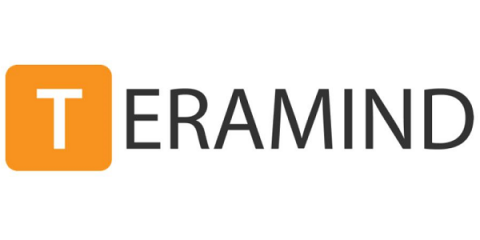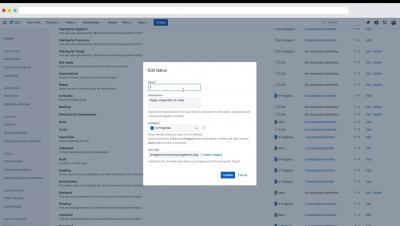How to improve customer service: 8 tips from top companies
It’s no secret that good customer service is an essential aspect of any business. More than 80% of surveyed customer service professionals view customer experience as a primary or secondary differentiating factor for their organization. Yet, for many businesses, meeting and exceeding client expectations can be a challenge. In 2020, 40% of surveyed consumers stopped doing business with one or more companies because of poor customer service.











